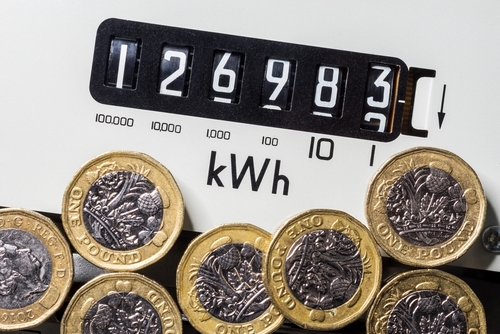The energy price cap is stopping customers from accessing lower energy tariffs as firms bunch their rates around the cap,according to a report out today by the Centre for Policy Studies.
Far from its original goal of providing protection for customers who were unable to take advantage of market forces and switch between providers, either due to infirmity, disability, or less choice due to being on a prepayment meter, the EPC now covers a staggering 29 million households – almost the entire market – and has moved from a cap to a de facto regulated market price.
The research shows that for almost two years almost all tariffs have been priced at or just below the price-capped level, with no evidence this will change in the near future – meaning the government is effectively setting the market price for energy, eliminating any chance of customers switching to a better deal.
The report urges the government to move from a wartime to a peacetime regulatory regime and return to a retail market with competition at its heart – this means abolishing the price cap in its current form and ensuring the government no longer sets the price of energy
It says the Government should set up protections as a bulwark against fuel poverty, for example a social tariff for households spending an excessive proportion of their income on energy bills
Dillon Smith, CPS Energy and Environment Researcher and report author, said:
‘Contrary to its original intent, the energy crisis has transformed the Energy Price Cap from a genuine cap to a state price control for virtually the entire market.
‘Utility firms are being actively discouraged from offering new, more affordable deals to customers because of state interventions in the energy market. Competition has all but disappeared, meaning prices are being kept high, further contributing to measured inflation. Government needs to rethink the price cap, and deliver choice and competition for consumers.
‘This should come alongside moves to introduce stronger protections against fuel poverty such as a social tariff.’







